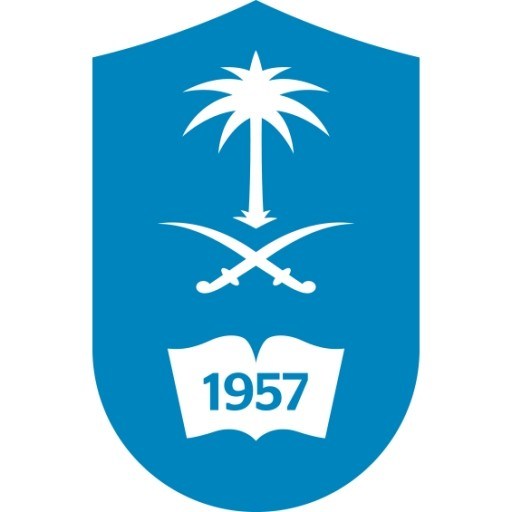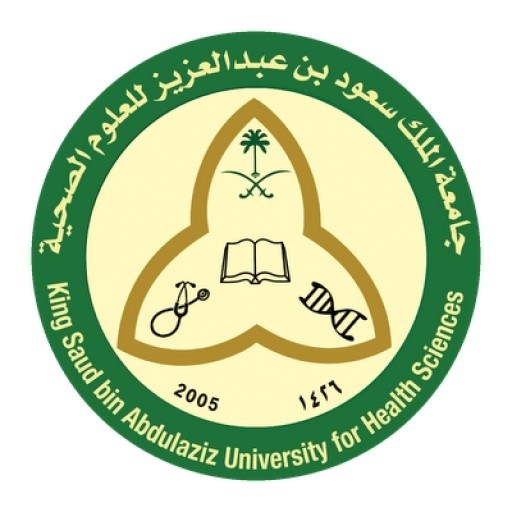Photos of university / #king_saud_university
Public Administration at King Saud University offers a comprehensive academic program designed to prepare students for leadership roles and effective management within public sector organizations. The program emphasizes the development of essential skills in policy analysis, organizational management, public finance, and administrative ethics, equipping graduates to address complex challenges in government and non-profit sectors. Students will engage with foundational theories of public administration, delve into modern practices, and explore the role of technology and innovation in public service delivery. Through a combination of coursework, practical training, and research opportunities, learners are encouraged to develop critical thinking, problem-solving capabilities, and strategic planning abilities essential for high-level administrative positions. The curriculum also incorporates regional and international public administration trends, fostering a global perspective while emphasizing the importance of cultural competency and ethical standards in public service. Faculty members are experienced professionals dedicated to providing a supportive learning environment that promotes academic excellence and practical knowledge. Upon graduation, students are well-prepared to assume roles in government agencies, public institutions, or related organizations, contributing to the development and implementation of effective policies and administrative reforms that benefit society at large. The program is designed to meet the evolving needs of Saudi Arabia’s public sector, aligning with national development goals and fostering sustainable governance practices.
Compulsory Courses
- Public Administration: Theory and Application
- Human Resources Management
- Organizational Behavior
- Methods of Scientific Research
- Quantitative Analysis in Public Administration
- Finance and public budgeting
- Data Management and Decision Support
- Organizational Development
- The Ethics of Public Organization
- Research Project
Tracks` Courses
(9 Credits for each track: The student can choose a track of the following)
Human Resources Management
- Civil Service and Saudi Administrative Law
- Performance Management
- Issues in Human Resources Management
Non-profit Organizations
- The Management of Nonprofit Organizations
- Marketing of Nonprofit Organization
- Development and MAnagement of Resources in Nonprofit Organizaations
Local Administration
- Comparative Local Administration
- Regional Development
- Cities' Management and Urban Planning
Budget and Public Policies
- Public Policies Analysis
- Public Programs' Planning and Assessment
- Topics in Public Policies and Budgeting
Leadership and Strategic Management
- Strategic Management and Strategic Planning
- Administrative Leadership
- Crisis Management
Elective Courses
- Decision Making and Problem Solving
- Advanced Topics in Public Administration
- Management Economics
Requirements
- Have a bachelor degree from an accredited institution.
- Pass the exam and interview
- Obtain a minimum score on TOEFL or IELTS. Internet-based TOEFL 61, Computer-based TOEFL 173, Paper-based TOEFL 500, IELTS 6
- Proving a good conduct and being medically fit.
- Submitting two academic recommendations from professors who have taught applicant.
- Employer's approval, if applicant is an employee; in very limited circumstances this approval may be postponed until enrollment into courses.
The financing of the Bachelor of Public Administration program at King Saud University is primarily supported through a combination of government funding, university budgets, and resource allocations aimed at maintaining high-quality education standards. As a public university in Saudi Arabia, King Saud University benefits from the national government's commitment to higher education, which ensures significant financial backing for its academic programs. This support covers faculty salaries, infrastructure development, research activities, and student services. Additionally, the university allocates internal funds for curriculum development, technological enhancements, and extracurricular activities to enrich the student learning experience.
Tuition fees for Saudi students are typically subsidized by the government, making higher education accessible and affordable for the majority of students enrolled in the Public Administration program. International students may pay higher fees, which contribute to the program's financial sustainability. The university may also receive grants from governmental and non-governmental organizations for specific research projects within the Public Administration field.
Furthermore, King Saud University encourages research commercialization and partnership programs, which can provide extra funding for the department. the program may also benefit from alumni donations, industry collaborations, and sponsorships, although specific figures are not publicly available. The university's strategic plans emphasize developing sustainable financial models to ensure the ongoing quality and expansion of academic offerings. Scholarships and financial aid programs are available to qualifying students, subsidized by university funds or external partners, supporting those who require economic assistance to pursue their studies. Overall, the financing structure of the Public Administration program reflects Saudi Arabia's broader investment in higher education, aiming to develop skilled public administration professionals who contribute to the country's public sector development and overall societal prosperity.
Public Administration at King Saud University is designed to prepare students for leadership roles in government, non-profit, and private sector organizations. The programme aims to develop a comprehensive understanding of public sector management, policy analysis, and administrative practices. Throughout their studies, students are introduced to key concepts such as governance, public policy formulation, budgeting, organizational behavior, and ethical standards in public service. The curriculum emphasizes both theoretical foundations and practical applications, incorporating case studies, research projects, and internships to enhance real-world skills.
The program's structure typically includes foundational courses in administrative science, research methodology, and social sciences, followed by specialized courses such as public policy, financial management, human resources in the public sector, and legislative processes. It also encourages the development of critical thinking, strategic planning, and communication abilities vital for effective public administration. The faculty comprises experienced academics and practitioners who deliver lectures, supervise research, and facilitate seminars that foster analytical and problem-solving skills.
Students are supported through various extracurricular activities including conferences, workshops, and networking events that connect them with professionals in the field. The program also emphasizes the importance of ethical standards and transparency in public administration to ensure responsible governance. Graduates of the program are equipped to pursue careers in ministries, government agencies, international organizations, and research institutions. They are also prepared for further academic pursuits such as master's or doctoral programs in public administration, public policy, or related fields. Overall, the program at King Saud University aims to produce competent, innovative, and ethical public servants capable of addressing complex governance challenges in Saudi Arabia and beyond.

